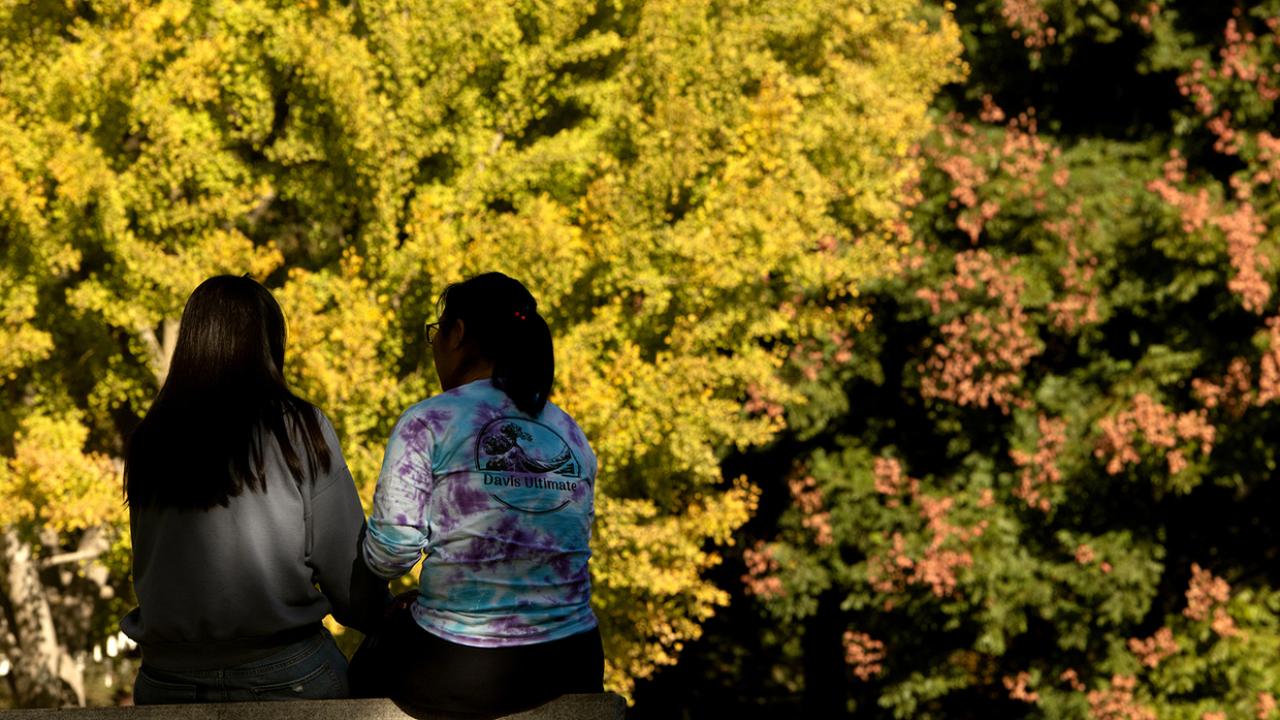
Student Affairs Expanding Student Health and Wellness Programs
As part of our ongoing support of the well being of all Aggies, I am excited to announce that the Division of Student Affairs will be expanding our health and wellness programs for undergraduate and graduate students starting fall 2021. Mental health and self care are more critical than ever, and feedback received from students and student leaders throughout this past year has been vital in helping us develop bold, new programming that is responsive to your needs. This plan will also better position us to serve the wellness needs holistically in both clinical and non-clinical environments.
Mental Health:
Representing the largest mental health investment at UC Davis since the UC Mental Health Initiative (MHI) in 2015, Student Health and Counseling Services is adding eight new counselor positions in addition to filling seven vacant counselor positions currently in recruitment. The addition of these positions will increase the total number of full-time equivalent counselors from 34 to 42 and significantly improve access by:
- Increasing the counselor-to-student ratio
- Increasing the total number of available counseling appointments
- Decreasing the overall wait time for accessing counseling services

We are also proactively diversifying our counseling staff who will bring unique specializations to better address the needs of our changing student body, including counselors working with the African diaspora, International students, the Middle Eastern North African and South Asian (MENASA) student communities, and neurodivergent students, as well as counselors who will provide bilingual/bicultural therapy in Spanish and Mandarin. In addition to increasing the number of counselors, new funding has been allocated for hiring an additional three psychiatrists to expand on-campus psychiatry services.
To address mental health campuswide, I have also convened the Mental Health Task Force comprised of students, staff and faculty from across the campus who are meeting regularly to develop a coordinated and comprehensive approach to promoting student mental health, preventing the exacerbation of existing mental health problems and suicide prevention. The task force will focus on sharing information via social networks, helping students develop life skills, identifying students at risk, increasing student help-seeking and increasing access to effective services.
Campus Recreation:
Knowing that mental health and well being extends beyond counseling, we are also investing in programs and resources to expand Campus Recreation offerings. Beginning fall quarter, we will offer safety courses (First Aid/CPR AED, Self-Defense and Learn to Swim) at no charge to students. In addition, Campus Rec will also increase group exercise and small group programming along with Rec Sports to meet the interests of our students. When available, new programming will be posted on the Campus Rec Living Well website.

Our classes are taught by certified students, and beginning July 1, Campus Recreation will cover the cost of these certifications. This will remove the financial barrier for student instructors and help Campus Rec expand our workforce for Group Exercise, Personal Training, Outdoor Adventures and Aquatics. Campus Recreation has a long-standing tradition of student-empowerment and training to operate its facilities, programs and courses. These new investments will further enhance student development opportunities.
Finally, we have increased the Campus Rec fee waiver program budget from $60,000 to $100,000 with ongoing funds. This will help to ensure that cost is not a barrier to participation in fitness-related classes and Rec Sports for our students.

The increased investment and expansion of these programs are the result of the collaborative vision and significant funding support from Chancellor May, Provost Croughan, Vice Chancellor Ratliff and the Student Affairs team. By coming together, we are able to deepen our investment in the student experience and help create a stronger and healthier Aggie community.
In partnership,
Pablo G. Reguerín
Vice Chancellor for Student Affairs